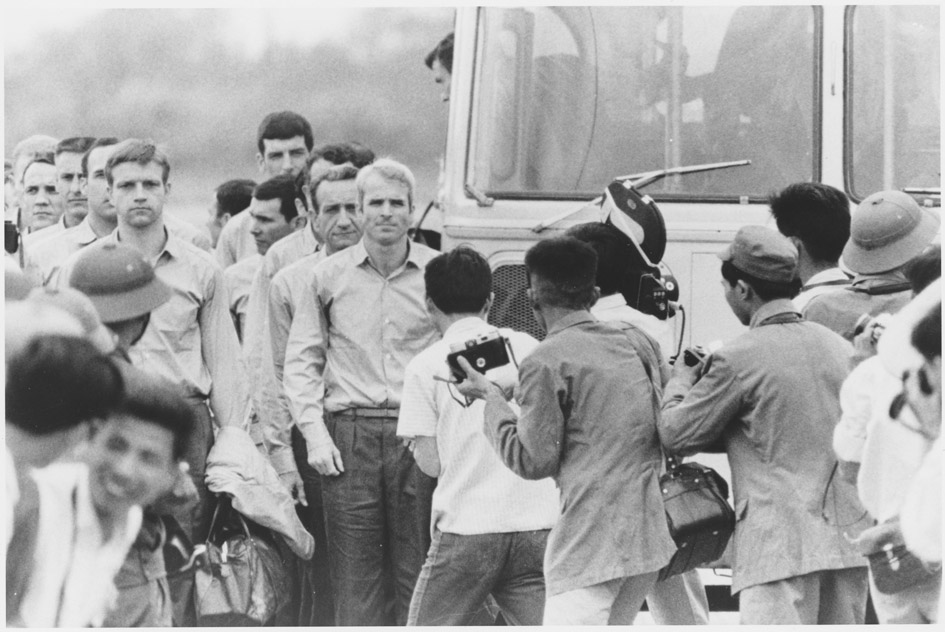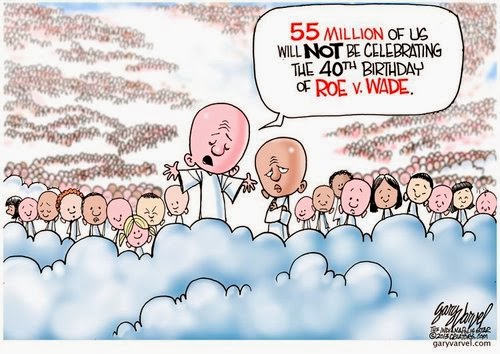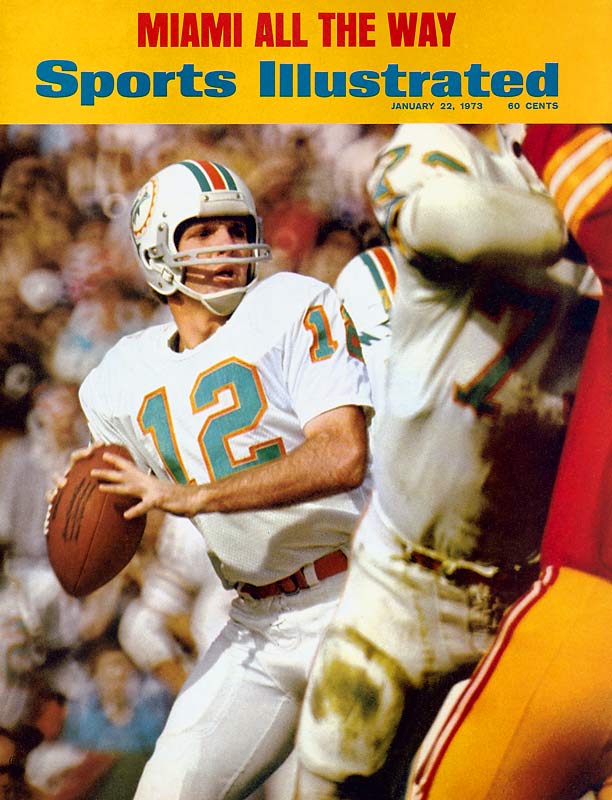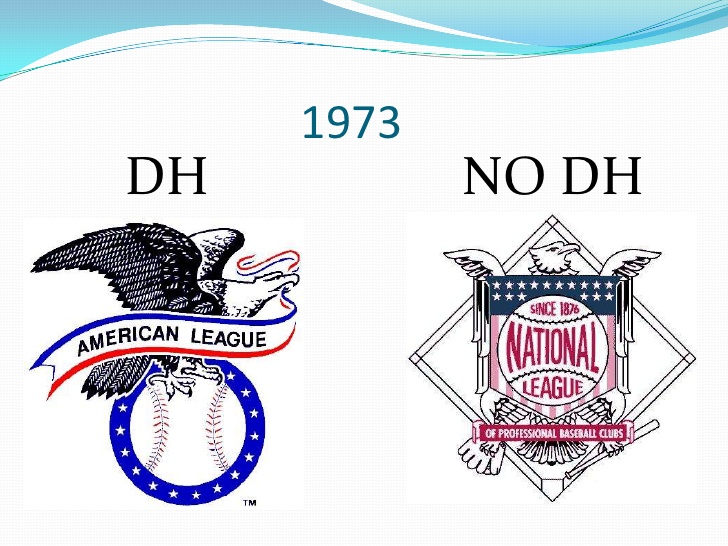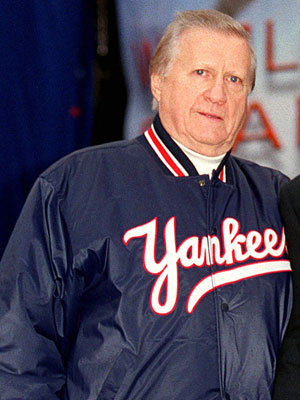Back in 1973, President Nixon announced a ceasefire in Vietnam. It came about after the famous Christmas bombing of 1972, when President Nixon reminded North Vietnam that he had a lot of B-52s and was willing to use them. In simple terms, the bombing was so intense that the North came back begging Secretary Kissinger for the paper to sign!
Two months later, the POWs came home, including John McCain.
Twenty-seven months later, the North walked into Saigon, and we’ve known it as Ho Chi Minh City ever since.
Did it have to turn out that way?
President Nixon did not think so. He wrote about it in No More Vietnams, a book that gets better with age. The point is that we choose to win wars or lose them, the latter of which we did in Vietnam. To win would not have required a single soldier – just a few B-52s to remind the North that we meant to enforce the ceasefire. We should remember that North Vietnam was devastated in 1973.
The tragedy of Vietnam is that the USSR could not believe that we let South Vietnam collapse in 1975, as Stephen J. Morris wrote on the 30th anniversary of the disintegration of Saigon:
If the United States had provided that level of support in 1975, when South Vietnam collapsed in the face of another North Vietnamese offensive, the outcome might have been at least the same as in 1972.
But intense lobbying of Congress by the antiwar movement, especially in the context of the Watergate scandal, helped to drive cutbacks of American aid in 1974.
Combined with the impact of the world oil crisis and inflation of 1973-74, the results were devastating for the south.
As the triumphant North Vietnamese commander, Gen. Van Tien Dung, wrote later, President Nguyen Van Thieu of South Vietnam was forced to fight “a poor man’s war.”
Even Hanoi’s main patron, the Soviet Union, was convinced that a North Vietnamese military victory was highly unlikely.
Evidence from Soviet Communist Party archives suggests that, until 1974, Soviet military intelligence analysts and diplomats never believed that the North Vietnamese would be victorious on the battlefield. Only political and diplomatic efforts could succeed.
Moscow thought that the South Vietnamese government was strong enough to defend itself with a continuation of American logistical support.
The former Soviet chargé d’affaires in Hanoi during the 1970’s told me in Moscow in late 1993 that if one looked at the balance of forces, one could not predict that the South would be defeated.
Until 1975, Moscow was not only impressed by American military power and political will, it also clearly had no desire to go to war with the United States over Vietnam.
But after 1975, Soviet fear of the United States dissipated.
No kidding that fear of the U.S. dissipated. The post-Vietnam years contributed to the perception that the U.S. was weak and unwilling to defend its interests. From Nicaragua to Iran to the Soviets in Afghanistan and Cuban troops in Africa, it was a time of U.S. weakness. Thankfully, it ended with the Reagan presidency.
There were many mistakes in Vietnam, from using the Gulf of Tonkin resolution to send 500,000 soldiers to war to not fighting to win. I believe that the biggest mistake was not preserving our gains, or a South Vietnam that would have looked a lot like South Korea today.
Again, it could have turned out very different, especially for the many who served in Vietnam. They won the battles, and the politicians lost the peace.
